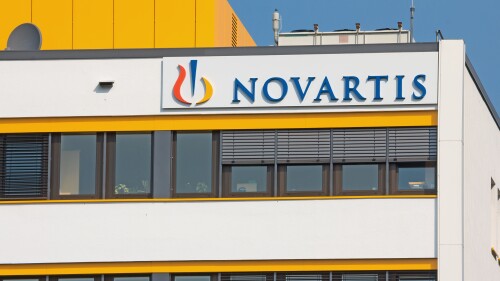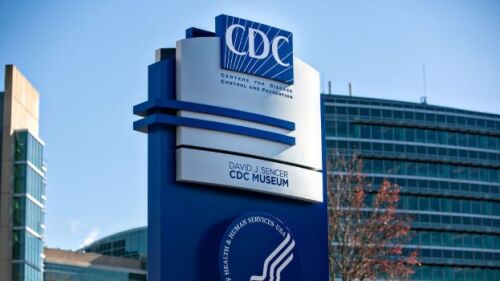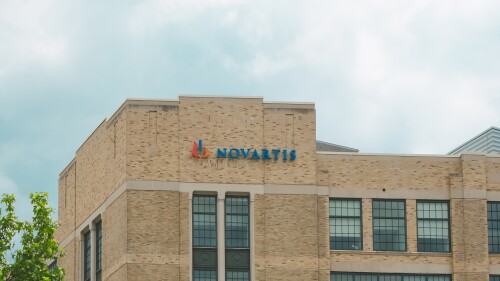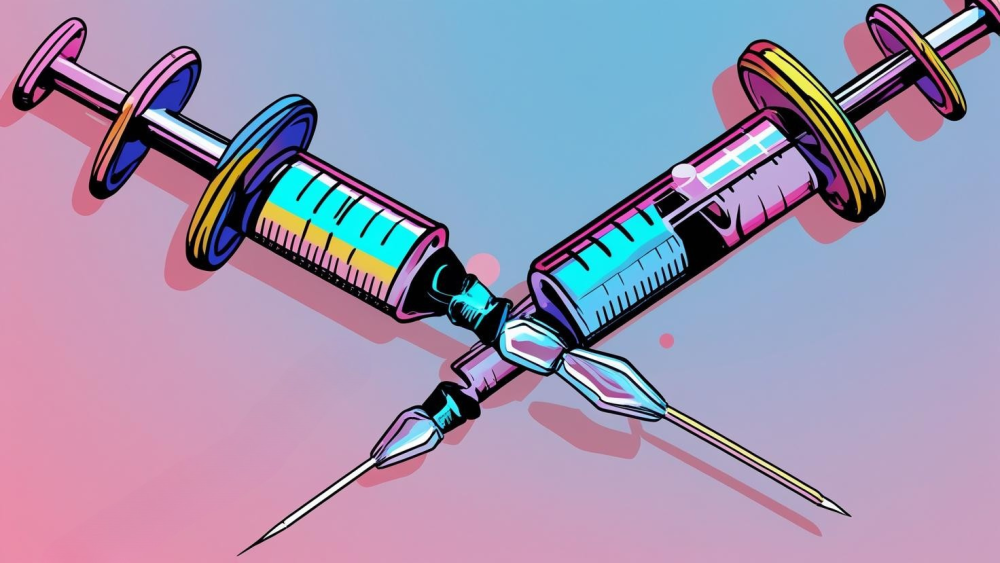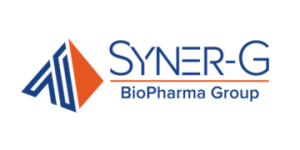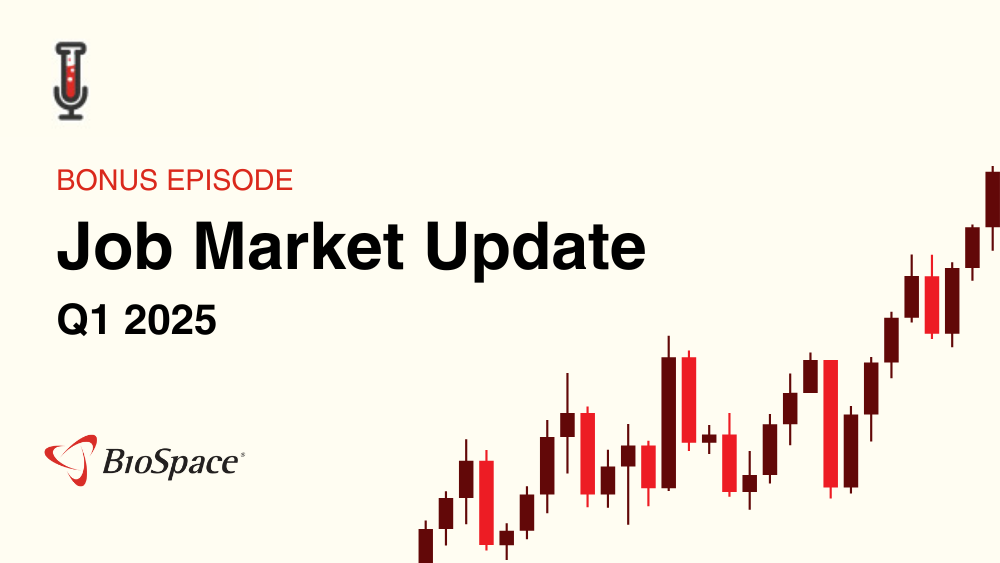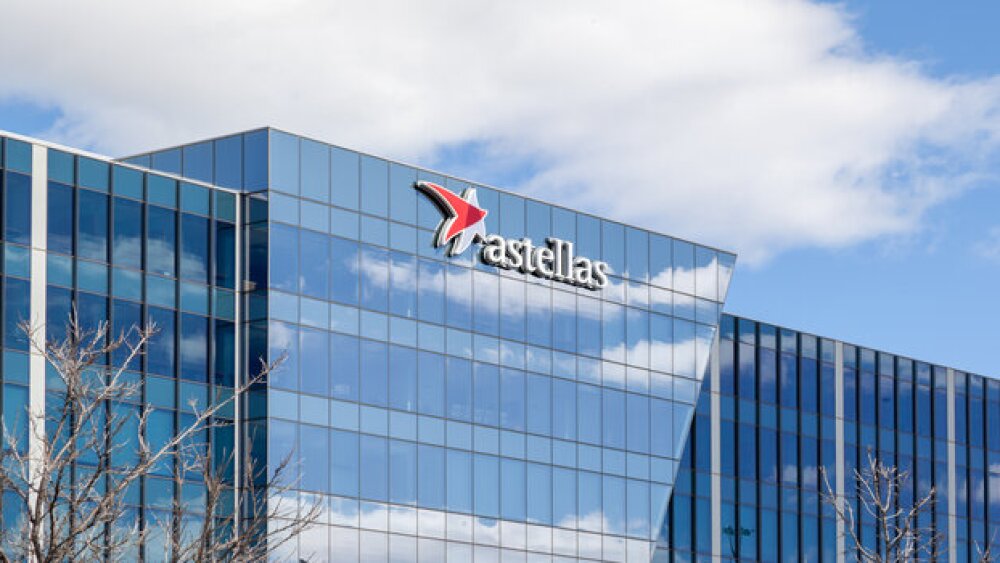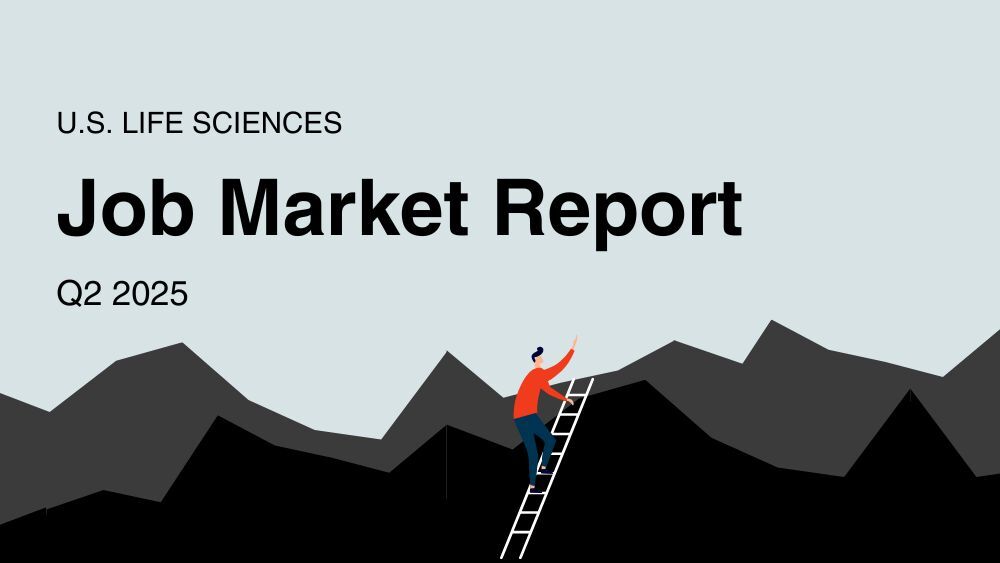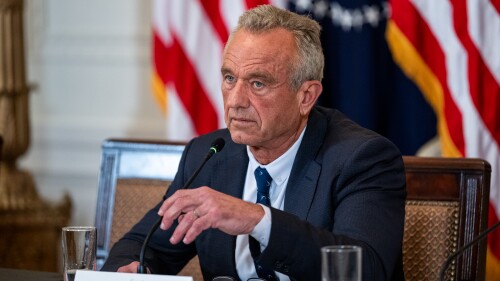Both Novo Nordisk and Eli Lilly are eyeing regulatory advancements for their obesity blockbusters as the European Association for the Study of Diabetes’ annual conference continues this week.
Merck, Eli Lilly and AstraZeneca have similarly suspended or outright canceled investments in the U.K. in the past week after a sizeable increase in a mandatory levy in the region.
Like the first batch of appointees to the CDC’s vaccine advisory committee, several of the new panelists have documented histories of vaccine and COVID-19 skepticism.
Novartis and Monte Rosa first partnered in October 2024 for a molecular glue asset for immune-mediated and autoimmune diseases. This time, the pharma is putting $120 million down upfront for more of the biotech’s AI-discovered degraders.
CDER Director George Tidmarsh said on two separate events last week that he thought advisory committee meetings for specific drug applications were redundant, but then denied having said the agency would abandon them.
AstraZeneca in January also stopped its $610 million plans to construct a vaccine R&D and manufacturing site in the U.K.
FEATURED STORIES
Amid a season of regulatory and scientific advances, experts reveal a culture of data hoarding among cell and gene therapy developers that is reinforcing fragmentation, stalling innovation and delaying access to treatments.
Earlier this summer the FDA asked Moderna for more efficacy data on its flu vaccine before it could review an mRNA-based combination shot that targets both influenza and COVID-19. Now, the entire vaccine sector is sizing up a new regulatory world, companies’ next steps uncertain.
Participants in trials of BrainStorm Cell Therapeutics’ NurOwn filed a Citizens’ Petition with the FDA earlier this month seeking a new review of the stem cell therapy that was rejected in 2022 based on real-world data and 90% survival in an expanded access program.
From Wall Street to real estate to a “big, ugly” pharma building, Mayo Venture Partner Audrey Greenberg reflects on a career defined by taking a leap at just the right moment.
Some of the most high-profile acquisitions in recent years have involved women-fronted biotechs. BioSpace reviews five of the most notable here.
Seven biotech unicorns are advancing AI-powered drug discovery and development—but must contend with a difficult investing environment where competition is steep and the usual roads to exit are uncertain.
LATEST PODCASTS
Donald Trump takes biopharma on a tariff-themed rollercoaster ride; J&J kicks off the Q1 earnings season; experts express concern about the FDA’s future; Pfizer’s obesity setback could be Viking’s gain; and BioSpace reveals the highest paid pharma CEOs.
In this bonus episode, BioSpace’s vice president of marketing Chantal Dresner and careers editor Angela Gabriel take a look at Q1 job market performance, layoffs and administration decisions impacting the workforce.
In this episode presented by DIA, BioSpace’s head of insights Lori Ellis discusses the underrepresentation of women in clinical trials with Martin Hodosi, partner at Kearney and Melissa Laitner, director of strategic initiatives at the National Academy of Medicine.
Job Trends
Astellas is opening a second location of Universal Cells, its wholly owned subsidiary, at a research campus in Japan and transferring 12 roles from Universal’s Seattle location.
Subscribe to Genepool
Subscribe to BioSpace’s flagship publication including top headlines, special editions and life sciences’ most important breaking news
SPECIAL EDITIONS
In this deep dive, BioSpace explores the next big thing in obesity.
BioSpace did a deep dive into biopharma female executives who navigated difficult markets to lead their companies to high-value exits.
BioSpace data show biopharma professionals faced increased competition for fewer employment opportunities during the second quarter of 2025, with increased pressure from further layoffs.
DEALS
-
The deal is a blast from the not-too-distant past, when special purpose acquisition companies were an easy way for companies to list on the public market with a bundle of cash to operate on.
-
Roche’s Genentech is betting on the Flagship Pioneering–founded company’s discovery platform called DECODE to find new targets for an undisclosed autoimmune disorder.
-
Alis Biosciences’ plan is a familiar tactic in the private equity world, but the firm will instead be listed on the public markets “in due course.”
-
Despite making an unsolicited bid for gene therapy maker bluebird bio, Ayrmid failed to deliver a binding offer after weeks of due diligence. Bluebird’s board recommended that it go with Carlyle and SK Capital Partner’s original offer to take the company private for $30 million.
-
Merck has not disclosed which of its peptide therapies it plans to develop oral formulations for.
WEIGHT LOSS
-
Regeneron’s shares have declined nearly 17% following the failure of the company’s Dupixent follow-up itepekimab.
-
The overturning of the FDA’s lab-developed tests rule is just the tip of the iceberg. With the loss of Chevron deference, power has shifted from federal agencies to the courts, with potential implications for everything from the FDA shortage list to CMS drug price negotiations.
-
HHS Secretary RFK Jr. removes the COVID-19 vaccine recommendation for healthy kids and pregnant women—the latest in a string of changes to vaccine policies; judge issues an order to halt HHS’ reorganization and mass layoff plans; Rocket Pharmaceuticals’ pivotal Danon disease trial is on hold after a patient death; and President Trump has named Mehmet Oz to spearhead his Most Favored Nation drug pricing policy.
-
The CMS last month declined to include anti-obesity medications in its Medicare coverage for Part D, a move that Lilly says could interfere with patients getting the appropriate medical care.
-
China continues to be a source of innovation as Pfizer strikes biggest pact yet; HHS provides more info on Trump’s Most Favored Nation executive order; FDA Commissioner Marty Makary and CBER director Vinay Prasad reveal new COVID-19 vaccine strategy following Novavax approval; ODAC underway after chaotic planning; more.
POLICY
-
President Donald Trump plans to start with a “small tariff” on pharmaceutical imports before ramping duties up to 250% within a year and a half.
-
The Department of Health and Human Services is terminating around $500 million in BARDA contracts associated with mRNA vaccine development, a move that will affect several pharma companies, including Moderna, Pfizer, Sanofi and AstraZeneca.
-
The regulatory environment is placing extreme pricing pressure on pharmaceutical manufacturers. Their success in the market depends on mounting an agile response.
-
Albert Bourla confirmed that he called President Donald Trump after receiving a letter asking Pfizer and a clutch of other pharmaceutical companies to lower drug prices or face consequences.
-
Earlier this year, the Centers for Medicare and Medicaid Services scrapped a previous proposal, from the Biden administration, to include anti-obesity medications in Medicare Part D coverage.
Four executives with collective decades spent at BMS, Roche, Astellas, Eli Lilly and more gave their insights on navigating a biopharma career during a Monday DIA panel in San Diego.
Interviews can be difficult in any field, but especially in a competitive industry like the life sciences. Read on to discover the best way to answer salary interview questions in our guide.
Plus, what to do if your offer is paused and how to manage work anxiety.
If you overidentify with your job, there are ways to find self-worth outside of work, starting with using your transferable skills somewhere else.
Transitioning from team member to manager has its challenges, including managing ex-peers. There are a few ways you can make the change easier.
Odds are, you won’t love every job. Is that OK? And what should you do if you’re struggling to find happiness at work?
HOTBEDS
IN CASE YOU MISSED IT
The regulatory greenlight was backed by two Phase III trials that showed normalized growth hormone levels in patients with the rare pituitary condition. It’s the first approval for Crinetics Pharmaceuticals and something CEO Scott Struthers predicted “will transform people’s lives.”
REPORTS
In this Employment Outlook report, BioSpace explores current workforce sentiment, job activity trends and the prospective job and hiring outlook for 2025, particularly as it compares to the previous year.
BioSpace’s third report on diversity, equity, inclusion and belonging in life sciences examines dramatic shifts in attitude around diversity initiatives.
CANCER
-
Instead of homing in on PSMA—currently the most validated target in prostate cancer—BMS and Philochem will instead collaborate on an early-stage molecule that binds to a novel marker called ACP3.
-
The Seattle-based company came to ASCO25 with new data on its neuroendocrine tumor–treating lead therapy, with big vibes and speedy speech.
-
Analysts at Truist Securities called the mid-stage data a “mixed bag,” also flagging gastrointestinal adverse events. However, the readout is unlikely to be “incremental” to Corcept’s overall stock narrative.
-
Sanofi and BMS paid big money for rare disease and cancer assets, while Regeneron got in the obesity game; AstraZeneca, Gilead and Amgen shone at ASCO; RFK Jr. and the CDC appeared to disagree over COVID-19 vaccine recommendations and several news outlets are questioning the validity of the White House’s Make America Healthy Again report.
-
Kura Oncology won FDA priority review for its drug the day before announcing new data at ASCO 2025 showing remission in about one-quarter of patients.
NEUROSCIENCE
-
Analysts at Jefferies give Roche and Prothena’s Phase III study just a 25% to 40% probability of success.
-
Stifel analysts said the deal “feels like an unremarkable outcome for a company that was once one of the hottest stories in CNS.” Supernus’ offer beats Biogen’s unsolicited bid of about $7.22 per share, which arrived with a thud in late January.
-
Avidity has been given the go-ahead by the FDA to request accelerated approval of delpacibart braxlosiran—potentially the first disease-modifying treatment for facioscapulohumeral muscular dystrophy—with an application in the second half of 2026.
-
After a major shareholder pushed back, Keros is returning half of its capital to investors in a move that Guggenheim analysts called “a positive step forward.”
-
Analysts reacted positively to the news that uniQure is in alignment with the FDA on an accelerated approval pathway and on target for a Q1 2026 submission for its one-time gene therapy for Huntington’s disease—but patients have been here before.
CELL AND GENE THERAPY
-
Since Elevidys’ accelerated approval in 2023, experts have been clamoring for more data, particularly in older and non-ambulatory children. New results, presented Friday, show mobility improvements in 8- to 9-year-old patients after one year of follow-up.
-
Lilly will use Rznomics’ proprietary ribozyme technology to develop RNA editing therapies for congenital hearing loss.
-
After warnings that the dragged-out process was putting the cell therapy company at risk of bankruptcy, bluebird bio now has a new deal to offer shareholders.
-
It’s another wild twist in the story of Galapagos, a company that has been around for more than 25 years but has yet to get a therapy approved.
-
The cell engineering company, co-founded by oncologist and writer Siddhartha Mukherjee, does not see a path forward for its pipeline of early-stage cell therapies for two different types of cancer.



